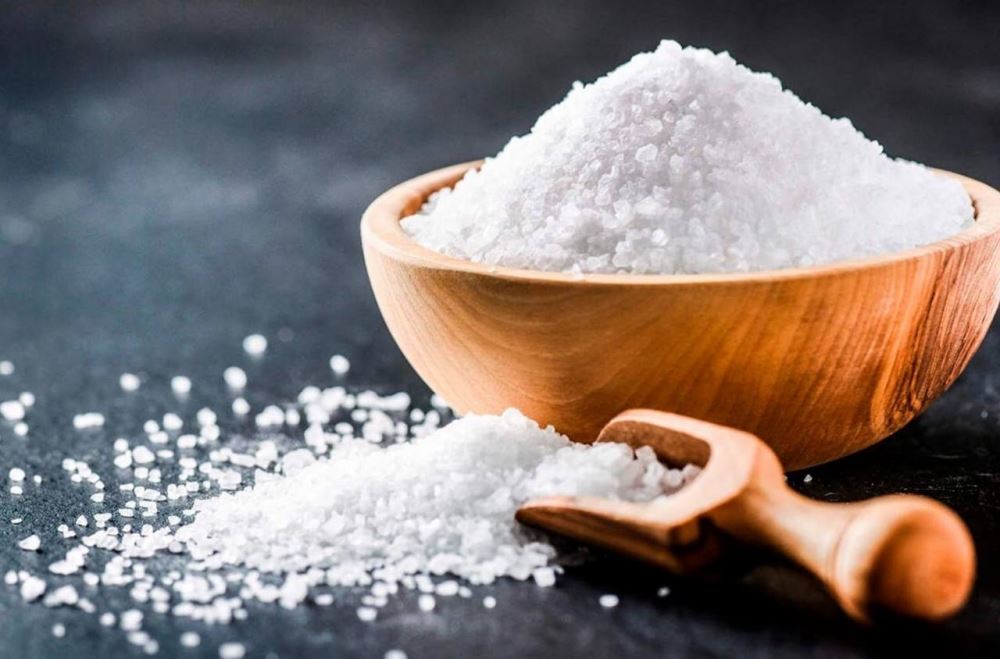In Costa Rica, a silent health threat is lurking in the form of excessive salt consumption. Despite numerous studies and warnings from health organizations, the pattern of high salt intake remains largely unchanged among Costa Ricans, posing serious health risks.
Salt Consumption: Far Beyond Recommended Limits
On average, an adult in Costa Rica consumes 11 grams of salt per day, more than double the World Health Organization’s (WHO) recommended limit of 5 grams. To put this in perspective, 5 grams of salt is equivalent to one teaspoon, which should ideally encompass all salt intake, including salt used in cooking, added at the table, and present in canned and packaged foods.
The Misconception of Healthy Packaged Foods
While it’s common knowledge that snack foods like chips are high in salt, many are unaware of the sodium content in items perceived as healthy, such as canned vegetables. Nutrition experts advise opting for fresh produce or thoroughly draining canned vegetables to minimize sodium intake. Surprisingly, even sweet foods often contain salt. To better control salt intake, it’s essential to start reading product labels.
Traditional Costa Rican Cuisine and Salt Preferences
Traditional Costa Rican recipes, passed down through generations, are typically high in salt. Many Costa Ricans are accustomed to this taste profile, habitually reaching for the salt shaker even when the food is already salty.
Enhancing Flavor with Natural Seasonings
One helpful suggestion to reduce salt intake is to experiment with other flavorings such as chili, celery, onions, chives, coriander, parsley, ginger, and thyme. While it’s unlikely that restaurants will significantly reduce their salt usage, as they aim to satisfy customers’ familiar taste preferences, home cooks have the opportunity to create healthier family favorites using natural seasonings.
The Health Risks of Excessive Salt Consumption
In case it needs restating, consuming too much salt can lead to serious health conditions, including high blood pressure, heart attacks, strokes, and kidney problems. It’s crucial to tackle this high-salt diet trend for the betterment of public health in Costa Rica.

